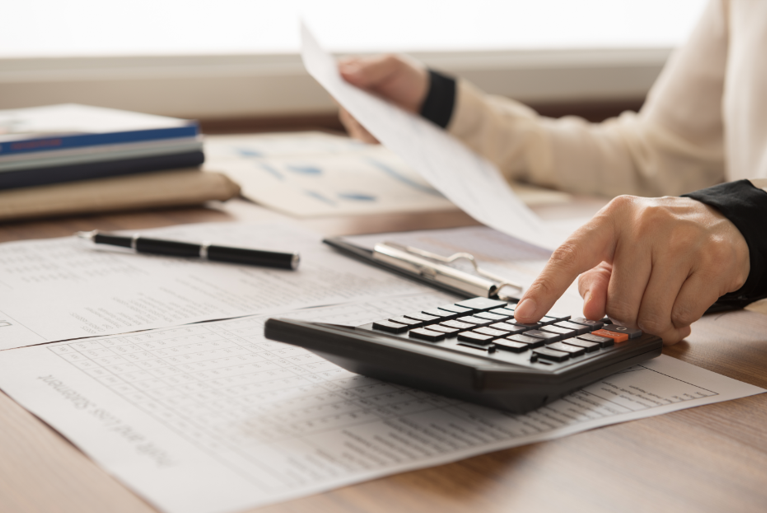Changes to Work from Home Deductions – Fixed Rate
The ATO has released updated guidelines on the way taxpayers can claim Work from Home (WFH) Expenses from 1 July 2022. Many workers have transitioned to permanent hybrid working models that enables them to work from home for one or sometimes several days a week. With this change the ATO has revised the Fixed Rate method applicable to claim WFH expenses on a cents per hour basis from 52 cents to 67 cents.
The updated rate covers the following expenses that cannot have any additional deductions made on top of the fixed hourly rate:
- Energy Expenses (Electricity & Gas)
- Phone Usage (Mobile & Home)
- Internet
- Stationery
- Computer consumables (Paper, Printer Cartridges etc.)
Items that can continue to be claimed separately are:
- Decline in value of assets used while working from home such as Computers and Office Furniture
- Repairs & Maintenance for the above assets
- Cleaning costs, where a dedicated home office space is in use.
Recordkeeping for the 2023 Financial year requires:
- Accurate records for all hours worked for the entire income year. The ATO will not accept estimates or a 4-week representative diary.
- Records for hours worked from the home can be provided in the following forms: timesheets, rosters, logs spent accessing business systems or a full year diary.
Please note the Actual Cost method has not changes and taxpayers can continue to claim actual work-related portions of all running expenses provided they keep detailed records for all receipts, bills and similar documents to show expenses incurred along with a record on how the taxpayer has calculated the work-related and private portion of their expenses.
If you would like to discuss any questions relating to your working from home deductions, please contact one of our tax specialist at 03 5571 0111.









